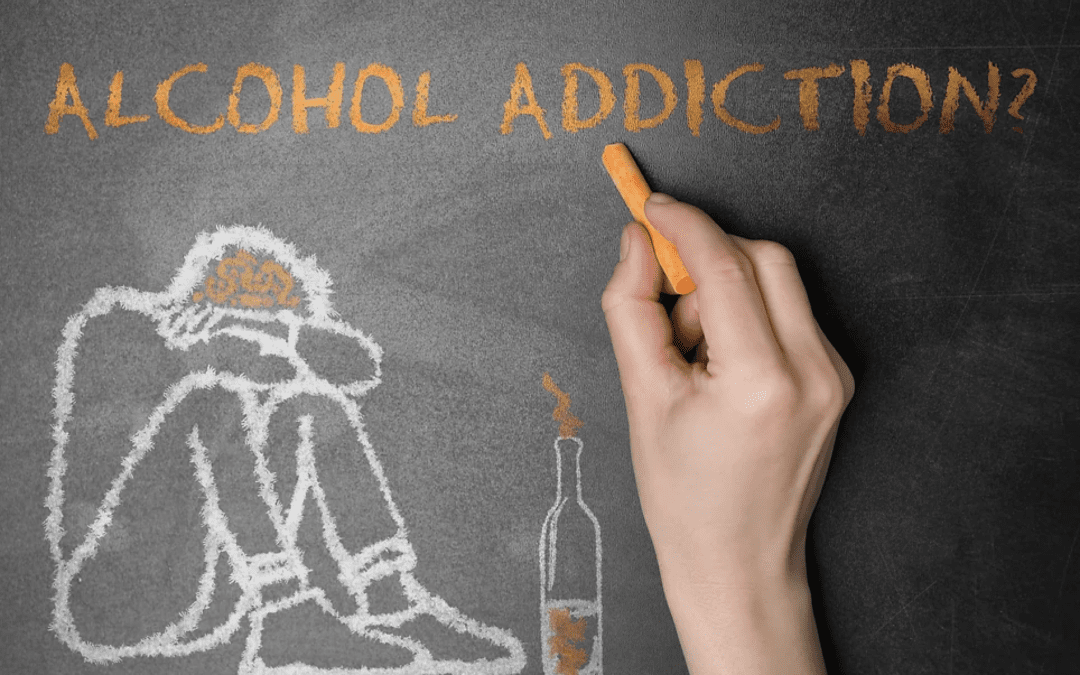Alcohol has been around forever. Its use is part of the fabric of many in America. It’s been called “The Social Lubricant” or “Liquid Courage” for as long as can be remembered. People use alcohol for many reasons but most agree that alcohol’s effects on the brain – to relax, to sedate, to unwind, or to get “a buzz”, is the primary reason to drink .
Alcohol’s pharmacological effects change with the amount drunk. In small quantities it acts as a stimulant. In larger amounts, alcohol behaves as a sedative. It also impacts our reward system like other addictive substances. When a person drinks, their dopamine levels (one of our feel good neurotransmitters) surge and impact the “pleasure or reward circuit” of the brain. Later, when the drug wears off, levels drop and they feel awful. And this is often what gets folks into trouble with alcohol. Other variables like genetics, environment, and how we cope with stress also play a role in whether or not someone develops a Substance Use Disorder. Either way, alcohol can be a dangerously deceptive substance.
Now imagine the first 18 months of recovery. A person who has experienced alcohol abuse or dependence now faces the challenges of re-entry into a world swimming in booze. Their newly sober brain is constantly exposed to ads on TV or social media; by situations in their living or home environment; by folks they know and/or meet socializing at weddings, BBQ’s, birthdays. Old memories from past drinking episodes trigger euphoric recall. The stress of new life experiences create the desire to escape or self medicate.
Clients often ask me “How do I cope?”. The key is timing and support. I often have them ask themselves: “Am I involved in support groups or therapy, or should I just avoid situations involving alcohol until my brain has healed more?” and “Do I have people I can rely on for help?”. Honestly assessing where they are and obtaining feedback from others that they trust becomes crucial. Recovery is an ongoing process. Remember, we don’t have to test ourselves. Wisdom comes from working through these situations and gaining true self worth and confidence in ourselves.

